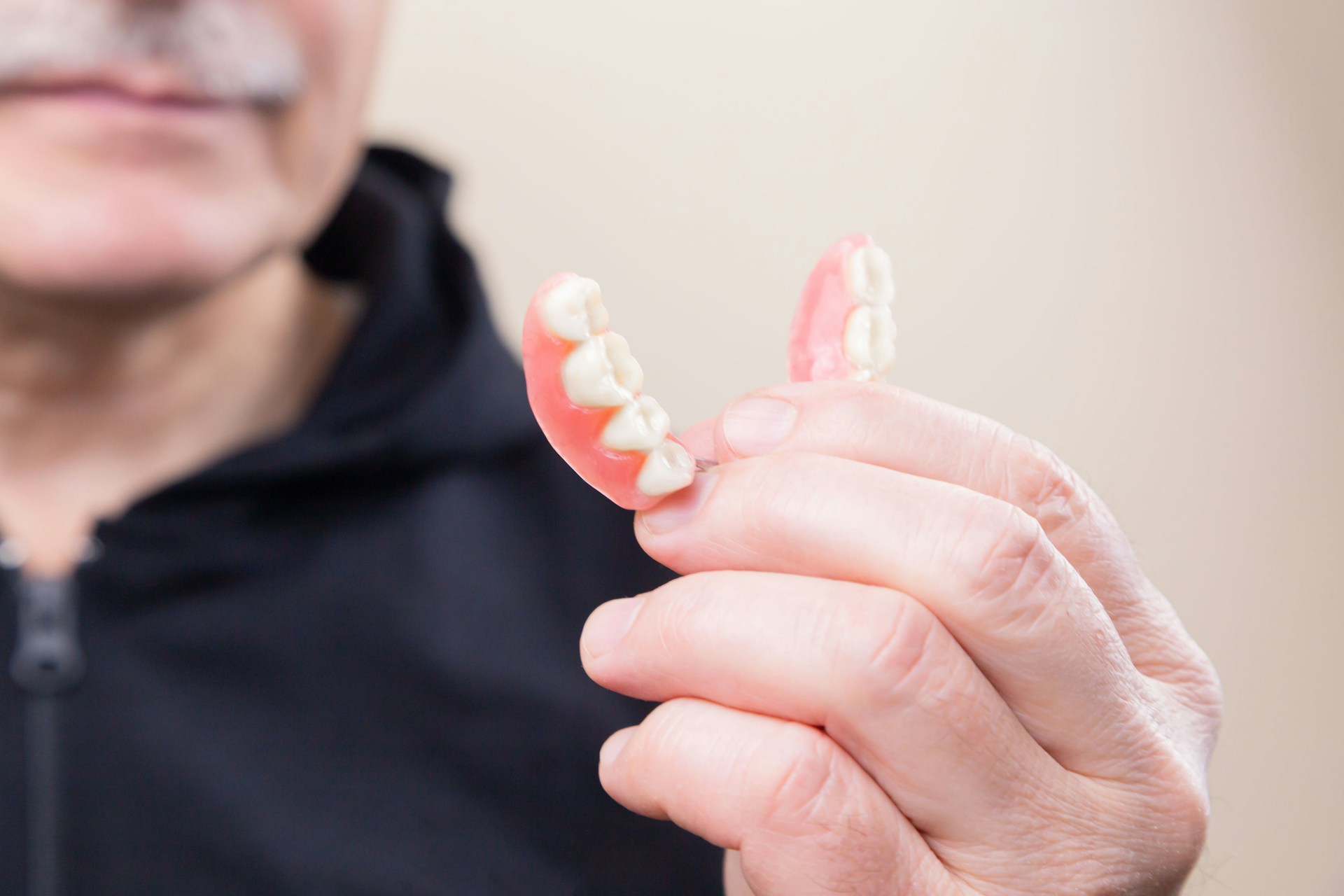For many people, visiting the dentist is a routine experience. However, for a significant portion of the population, the mere thought of sitting in a dental chair triggers overwhelming anxiety. Dental anxiety is a common issue that affects millions worldwide, leading to avoidance of necessary dental care and long-term oral health problems. In the UK, where preventive dental care is emphasized, untreated dental anxiety can exacerbate issues such as tooth decay, gum disease, and even the need for more complex procedures like cosmetic treatments.
What is Dental Anxiety?
Dental anxiety refers to the fear, stress, or unease experienced by individuals when thinking about or undergoing dental treatments. While many people might feel mildly anxious before a dental appointment, dental anxiety is more intense, often leading to delayed or avoided dental care. At its most severe, it can evolve into dental phobia, a more debilitating condition where patients are unable to visit a dentist at all, despite severe oral health issues.
This form of anxiety can manifest physically, with symptoms such as sweating, racing heartbeats, or even nausea. Psychological symptoms may include feelings of dread, panic, or an overwhelming urge to escape. It’s important to note that dental anxiety affects people of all ages, though it can be especially prevalent in children and individuals with previous traumatic dental experiences.
The Impact of Dental Anxiety on Oral Health
Avoiding dental appointments due to anxiety has long-term consequences for oral health. Regular dental check-ups are essential for maintaining healthy teeth and gums, allowing for early detection and treatment of dental issues such as cavities, gum disease, and oral cancer. People who suffer from dental anxiety are less likely to attend routine appointments, often waiting until they are in pain or experiencing severe issues before seeking help. By this point, minor problems may have escalated into major concerns, requiring more invasive and costly treatments.
According to Dr. Sahil Patel, a leading cosmetic dentist at Marylebone Smile Clinic in London, “It is crucial to address dental anxiety early on to prevent serious oral health issues. In my practice, we see many patients who have avoided the dentist for years because of their anxiety. By the time they come to us, they may need more comprehensive treatments like dental implants or veneers London, which could have been avoided with regular dental care.”
For example, a person with untreated cavities may develop infections that require root canal treatments or even tooth extractions. Similarly, neglecting gum health can lead to periodontal disease, which, if left untreated, can result in tooth loss. These scenarios not only affect a person’s health but also their self-esteem and confidence.
The Causes of Dental Anxiety
Understanding the causes of dental anxiety is a key step toward overcoming it. People develop dental anxiety for various reasons, including:
Previous Negative Experiences: One of the most common causes is a previous traumatic experience at the dentist. This could range from a painful procedure to poor communication with a dental professional.
Fear of Pain: Dental procedures, particularly those involving drilling or injections, can cause discomfort or pain. For individuals who have a low pain threshold or a fear of needles, this can be a significant barrier to receiving care.
Fear of Loss of Control: Lying back in a dental chair with one’s mouth open and the inability to communicate freely can make some patients feel vulnerable. This loss of control can trigger anxiety, especially for those who are generally more anxious in medical settings.
Embarrassment or Shame: Some individuals feel self-conscious about the condition of their teeth, particularly if they have neglected their oral health for some time. They may worry about being judged or reprimanded by the dentist, exacerbating their anxiety.
Generalized Anxiety Disorders: Individuals who already suffer from generalized anxiety or specific phobias are more likely to experience dental anxiety. For these individuals, even the smallest triggers, such as the smell of a dental clinic, can provoke intense fear.
Strategies to Overcome Dental Anxiety
Fortunately, dental anxiety is a treatable condition. By employing a range of strategies, patients can take control of their fears and feel more comfortable seeking dental care. Here are some approaches that can help:
Open Communication with Your Dentist
One of the most effective ways to reduce dental anxiety is through honest and open communication with your dentist. Dental professionals are accustomed to working with anxious patients and can take steps to make the experience as comfortable as possible. By discussing your fears openly, the dentist can tailor the appointment to your needs, whether that involves explaining each step of a procedure, allowing you to take breaks when necessary, or using a gentler approach.
At Marylebone Smile Clinic, Dr. Patel emphasizes the importance of patient communication: “Building trust with our patients is a top priority. We spend time listening to their concerns and ensure they feel in control throughout their treatment. This helps alleviate a great deal of anxiety.”
Sedation Dentistry
For individuals with more severe dental anxiety, sedation dentistry offers a solution. Sedation can range from mild sedation, where the patient remains awake but deeply relaxed, to general anesthesia, where the patient is fully unconscious during the procedure. Techniques such as inhalation sedation (nitrous oxide or “laughing gas”) or intravenous (IV) sedation can make dental appointments much more manageable for anxious patients.
Many cosmetic dentists in London, including those offering veneers, provide sedation options to help patients with anxiety undergo treatments like teeth whitening, dental implants, or even more routine procedures. By removing the fear of pain or discomfort, sedation allows patients to receive the care they need without the accompanying stress.
Cognitive Behavioral Therapy (CBT)
Cognitive Behavioral Therapy is a psychological treatment that has been proven effective in managing various forms of anxiety, including dental anxiety. CBT helps patients reframe their negative thoughts about dental procedures and replace them with more positive or neutral thoughts. This approach can be particularly useful for patients with deep-rooted fears or those who have had traumatic experiences in the past.
Therapists specializing in dental anxiety can work with patients to develop coping mechanisms, such as controlled breathing, relaxation techniques, and mindfulness, which can be practiced before and during dental appointments.
Gradual Exposure
For patients with severe dental phobia, gradual exposure therapy can help desensitize them to the dental environment. This approach involves taking small, manageable steps toward overcoming the fear. For instance, a patient might start by simply visiting the dental clinic without undergoing any treatment. Over time, as their anxiety diminishes, they can progress to sitting in the dental chair, having a simple cleaning, and eventually undergoing more complex treatments.
This slow, steady approach allows patients to build confidence and reduce the overwhelming fear associated with dental visits. Many dental practices are familiar with this method and are happy to accommodate patients who need to take things at a slower pace.
Technological Advancements
Modern dentistry has evolved significantly, and many dental treatments are now far less invasive and painful than they used to be. The use of advanced technology, such as laser dentistry, digital impressions, and pain-free injections, has transformed the patient experience, making procedures quicker, more efficient, and less uncomfortable.
For example, patients seeking cosmetic treatments like veneers in London can now benefit from minimally invasive techniques that preserve more of the natural tooth structure, reducing the need for drilling and injections. These technological advancements have helped many anxious patients feel more comfortable undergoing dental procedures.
The Role of Cosmetic Dentistry in Building Confidence
For individuals who have avoided dental care for years due to anxiety, the effects can go beyond oral health. A neglected smile can impact self-esteem, social interactions, and even professional opportunities. Cosmetic dentistry, which includes treatments like teeth whitening, veneers, and dental implants, can play a transformative role in rebuilding confidence.
Those who want to improve the appearance of their teeth frequently choose veneers in particular. These thin porcelain or composite resin shells are designed specifically to fit over the teeth’s front surfaces, filling in gaps and fixing discolourations as well as chips. Cosmetic procedures can assist patients who have delayed going to the dentist for years because of anxiety not only get their smile back but also lessen the psychological load that comes with looking good.
Dr. Patel notes, “Many of our patients come to us after years of neglecting their teeth due to anxiety. Veneers and other cosmetic treatments allow them to achieve the smile they’ve always wanted, which in turn boosts their confidence and reduces their fear of future dental visits.”
The Importance of Routine Dental Care
Overcoming dental anxiety is essential for maintaining good oral health. Regular dental check-ups allow for early detection and treatment of issues before they become serious. By addressing dental anxiety and seeking professional help, patients can ensure that they maintain a healthy smile throughout their lives.
For patients in London seeking a cosmetic dentist, it’s important to choose a practice that understands the complexities of dental anxiety and offers a compassionate, tailored approach to care. Whether it’s a routine check-up or more complex cosmetic treatments like veneers, finding a dentist who prioritizes patient comfort can make all the difference.
Conclusion
Dental anxiety is a common but manageable condition that affects many individuals, preventing them from receiving the dental care they need. By understanding the causes of this anxiety and exploring strategies to overcome it, patients can take control of their oral health and avoid the long-term consequences of neglect. Whether through open communication, sedation dentistry, therapy, or technological advancements, overcoming dental anxiety is possible.
For those looking to improve both their oral health and the appearance of their smile, cosmetic dentists in London offer a range of treatments that can enhance confidence while providing a gentle, patient-centered approach.










